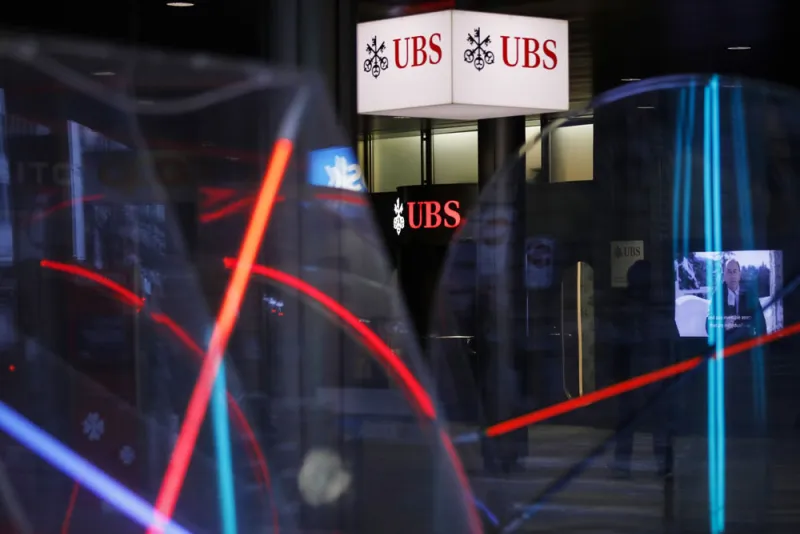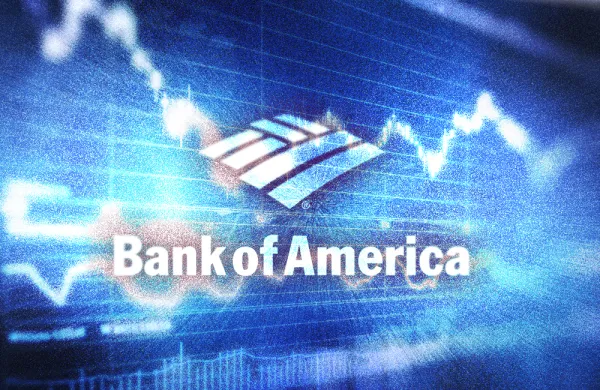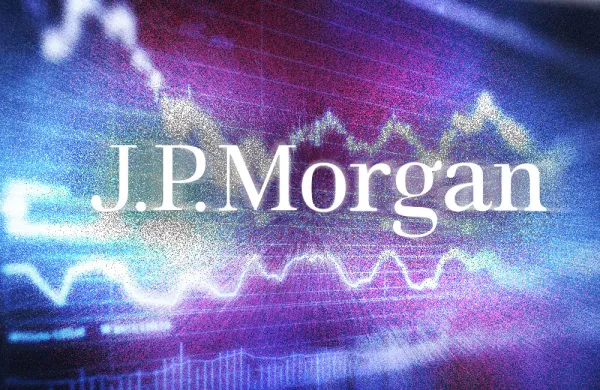In a year unlike any that came before, how does one predict what will happen next?
In 2020, that was the major challenge facing equity research analysts, whose job it is to forecast stock prices and make judgement calls about which companies will succeed or fail. Usually, analysts can rely on past data and analysis to tell them about how a company or sector might perform in the near future. But as the coronavirus pandemic unfolded, it became clear that the answers weren’t going to be found in historic data, according to Juan Luis Perez, group head of group research and analytics at UBS.
“A year ago it was incredibly difficult to forecast how the year was going to play out,” Perez said by phone. “We took the view that it was probably dangerous to try to extrapolate past trends” — for example, how markets recovered from the global financial crisis of 2008 and how the economy was impacted by the last major pandemic in 1918. “The year required a lot of adaptation, and it was very important not to come with very clear beliefs about how this was going to go,” he added.
For UBS — which has made a name for itself in quantitative, data-driven insights — this meant taking in as much new information as possible, as quickly as possible. To provide the best real-time research in a constantly changing environment, the firm’s teams of analysts and data scientists had to deliver “speed and quality,” according to Dan Dowd, the firm’s global head of research. This included responding quickly to client questions and updating views on thousands of stocks in a very short period of time, he said.
“We tried from the very beginning to listen as much as we could to what companies were telling us,” Perez added. “We had to be very agile, we had to listen a lot, and from the very beginning we understood that we had to update projections very quickly."
Their efforts paid off: For the fourth year in a row, UBS has ranked as the world’s top equity research provider in Institutional Investor’s 2020 ranking of the Global Research Leaders. The Swiss bank held onto its crown after racking up 158 team positions for research coverage across the U.S., developed Europe, Latin America, Asia, China, Japan, and the emerging markets of Europe, the Middle East, and Africa.
This time, UBS was closely followed by JPMorgan Chase & Co., which added 24 equity research team positions to its total over the course of 2020, for a final tally of 150 positions globally. The second-place finish is a big step up for JPMorgan, which placed fourth in 2019’s ranking of the world’s top equity research firms.
[II Deep Dive: The Research Firm That Won 2020]
Like UBS, JPMorgan relied on real-time data and quantitative insights to make sense of the unfolding pandemic and its impact on markets and the economy. “We followed statistics on new cases and hospitalizations to better understand the nature of the virus,” Marko Kolanovic, the bank’s global head of quantitative and derivatives strategy, said by email. “Perhaps even more important was gauging the size and the timing of extraordinary monetary and fiscal measures and their impact on corporate earnings and equity valuation multiples.”
In the face of “extraordinary” market developments, including all-time-high volatility and the fastest market sell-off in history, Kolanovic said it was also important for analysts to keep track of the positioning and flows coming from different groups of investors including hedge funds, institutions, quant funds, retail investors, and others. “Research skills that had to be employed to deliver value to clients ranged from epidemiology to macro-economics, data science, and market microstructure,” he said.
All of this was gobbled up buy-side clients, who looked to sell-side research firms to help them navigate a period of extreme uncertainty.
“Investors’ appetite for information and insights was voracious,” said Noelle Grainger, global head of equity research at JPMorgan. “We saw an increased focus on fundamental bottom-up research, including written research, multi-media content, and time spent talking to analysts, experts and companies.”
To meet this need, Grainger said JPMorgan increased research report publication by 10 percent as readership accelerated. Analysts also spent more time on phone and video calls chatting with clients — an increase from of about 15 to 20 percent from 2019, she said.
Likewise, Dowd and Perez reported a dramatic increase in readership and client engagement at UBS. According to Dowd, some of the best-received publications were a new series of research reports called “Future Reimagined,” which examined what the world would look like after Covid-19.
But while the pandemic was the biggest story of 2020, it wasn’t the only topic that investors were interested in last year. Demand for environmental, social, and governance research also increased in 2020, as the pandemic “heightened everyone’s sense of what were the most important, underestimated risks,” Dowd said.
Interest in alternative data — like that produced by the team of data scientists at UBS Evidence Lab — also continued to grow, Dowd said.
“The use of extra-financial data is becoming not a nice thing to have but a core component of research,” Perez added. He said that UBS has deployed a team of social scientists, data analysts, and machine learning experts — led by Barry Hurewitz, global head of UBS Evidence Lab innovations — to help the firm’s equity analysts better think about and use data.
Dowd “thought it was essential that we built the capabilities to make sure analysts would incorporate data,” Perez said. In addition, the firm is focusing on helping buy-side clients incorporate data-driven research into their investment processes through the UBS Research Academy, Dowd said.
As the Covid-19 pandemic continues to shape markets and policy, Perez warned that economic and stock estimates will remain “very noisy,” with the potential for a lot of dispersion between analysts’ forecasts.
“The responsibility of our firm and every firm is to try to shorten this gap as much as possible,” he said. “You need a framework that belongs mostly to research on what makes you think you're right and what makes you think you're wrong. And you need high-resolution data to help you understand what's going on.”







